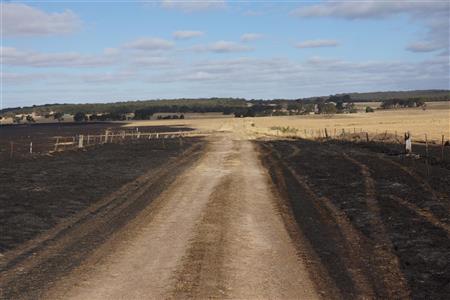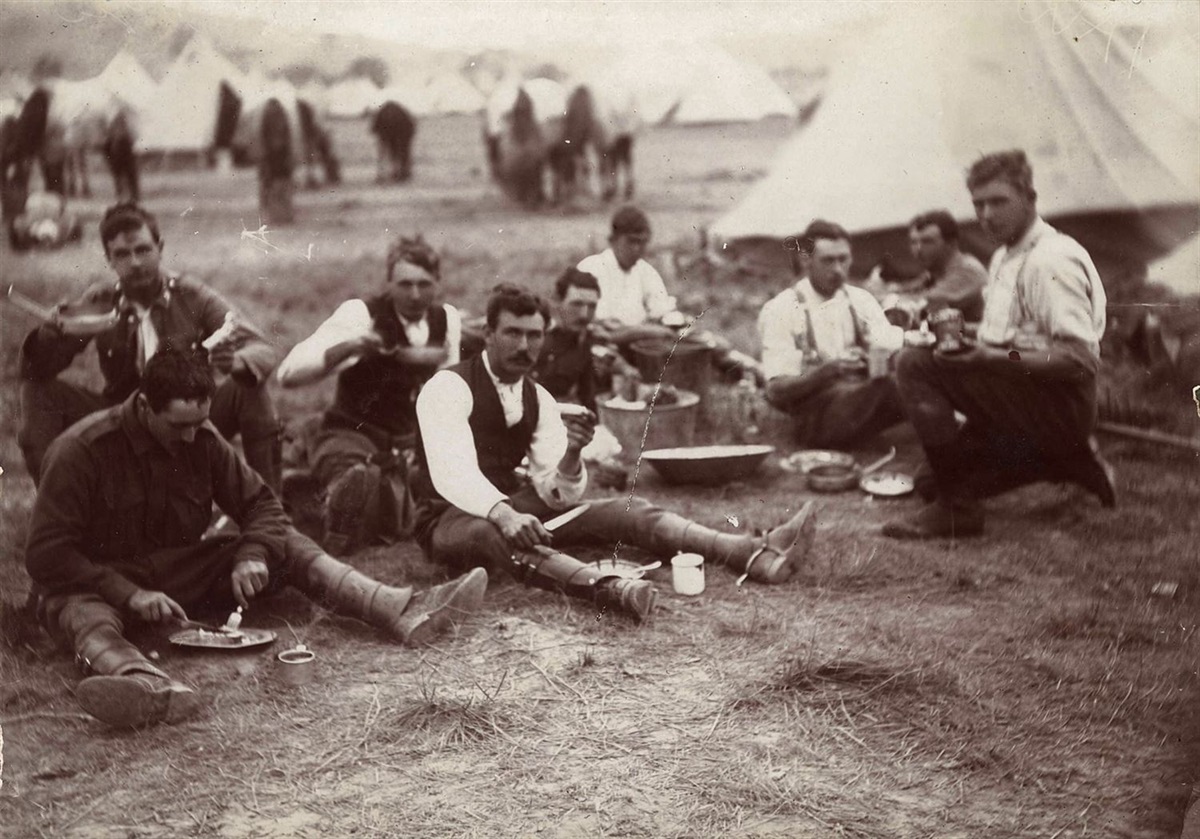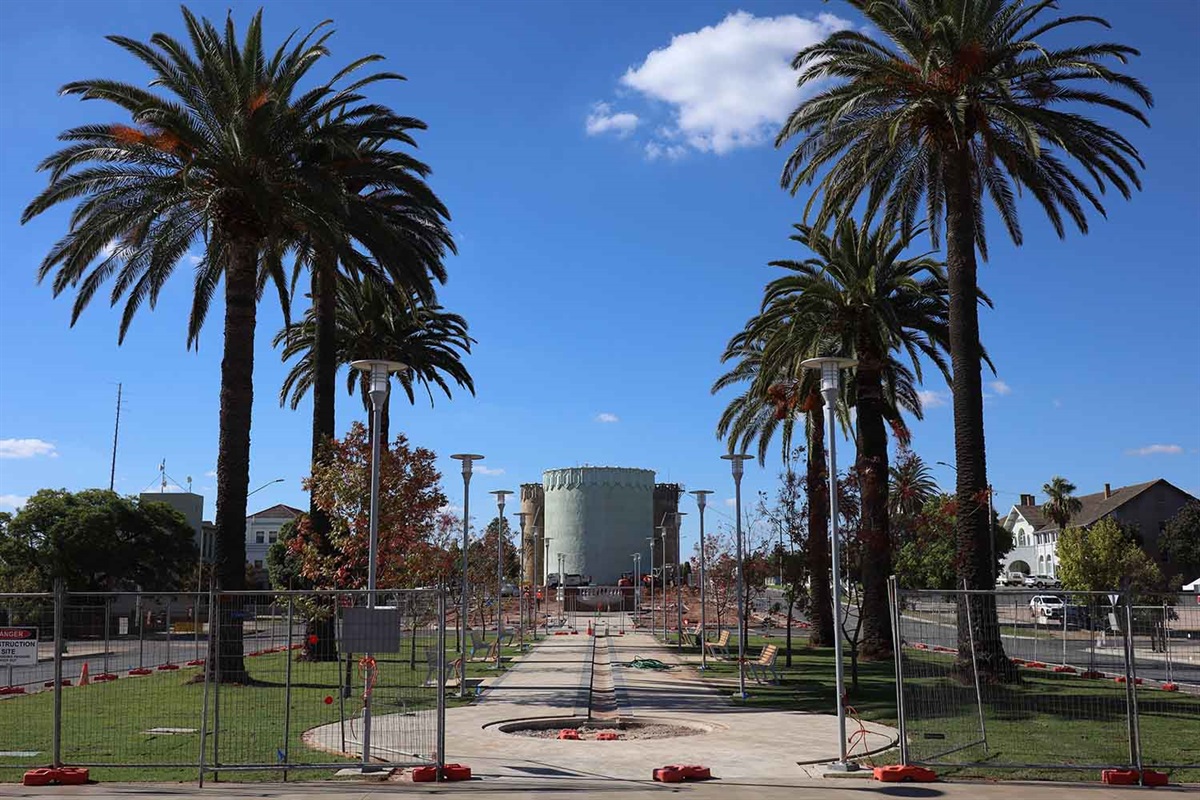
Former fighter pilot Wing Commander Paul Pettigrew thought dogfighting and flying faster than sound was complex, until he began operating at the speed of light in a contested, cyber environment.
A fighter pilot and F/A-18 Hornet instructor for 12 years, Wing Commander Pettigrew left Defence in 1999 for a 20-year career in the commercial information and communications technology industry.
“I always had an affinity with technology. In the mid-80s at school I began software programing,” Wing Commander Pettigrew said.
“Back then, I ‘cut code’ by colouring dots with a pencil on cardboard cards and fed them into a ‘mainframe’.”
Wing Commander Pettigrew worked in Defence industry on the first air command support system, along with other IT projects in the land and sea domains.
He then founded a company that for 15 years owned and operated data centres providing autonomous software, cloud computing and cyber-resilience Ai capabilities.
The company’s highly resilient cyberspace experienced no downtime and no cyber security compromise since going live in 2006.
In 2020, Wing Commander Pettigrew rejoined Defence in what he considers his most important role, as Deputy Director Joint Cyber within Joint Information Warfare Branch.
“There have always been threats to national security, but those in cyberspace operate in a very different, insidious way,” he said.
“I have something to add to Defence, in bridging the technical reality, complex scale and pace of change that exists worldwide, as cyberspace becomes a mainstream warfighting domain.”
Wing Commander Pettigrew is the technical lead of the Australian Defence – Cyber Concept, and is also Program Director of the ADF Cyber Gap Program.
Where once warfighting was defined by lines on a map, Wing Commander Pettigrew said cyberspace was a pervasive grey zone for warfighting below the threshold of armed conflict.
“We have adversaries who are looking to contest and fight in that operating environment,” he said.
“One hundred years ago, a new warfighting domain emerged as air power became mainstream. Air has had a major impact on how society has developed over the past century. So too is cyber.
“It took us a long time to design an optimal Air Force, how we use air power and how to integrate it into the joint force.
“We now need to do the same for the cyber domain and we do not have 100 years to develop the sophistication and capabilities needed, perhaps less than one-tenth of that time, and the clock started ticking quite some time ago.”
Wing Commander Pettigrew said Defence now had a cyber concept which allowed it to come to grips with the accelerated tempo, risks, opportunities and at-scale characteristics of cyberspace.
“Technologies on a traditional platform might have lasted 15 years; now we are lucky if we get 18 months before the whole technology is turned over and revolutionised,” he said.
Wing Commander Pettigrew sees a race to prepare Defence and Australia to operate well in the cyber domain.
“Nothing should be off the table when looking at innovative ways in which we can support our national mission,” he said.
“As cyber becomes more mainstream and people realise just how vital it is and utterly dependant we are, I can see a groundswell and more people coming to this as a career.”
He believes Defence should embrace other ways to fill cyber positions other than those who join and remain in the one career.
“We have highly skilled Australians doing cyber-related degrees and masters in their 30s through to their 50s and they are seeking an ability through the APS or Reserves to be a part of our mission,” he said.
Head of Information Warfare Major General Susan Coyle said development of the cyber workforce was one of her highest priorities.
“People are the key capability that allows us to defend cyberspace and project power through it and we need the best and brightest,” Major General Coyle said.
“Defence will secure them through new, innovative ways and welcome back members who have previously served and bring new skills and experiences to us.”
Wing Commander Pettigrew and his wife, Joanne, are preparing to relocate to the United States as he becomes the ADF Liaison Officer to United States Cyber Command.








